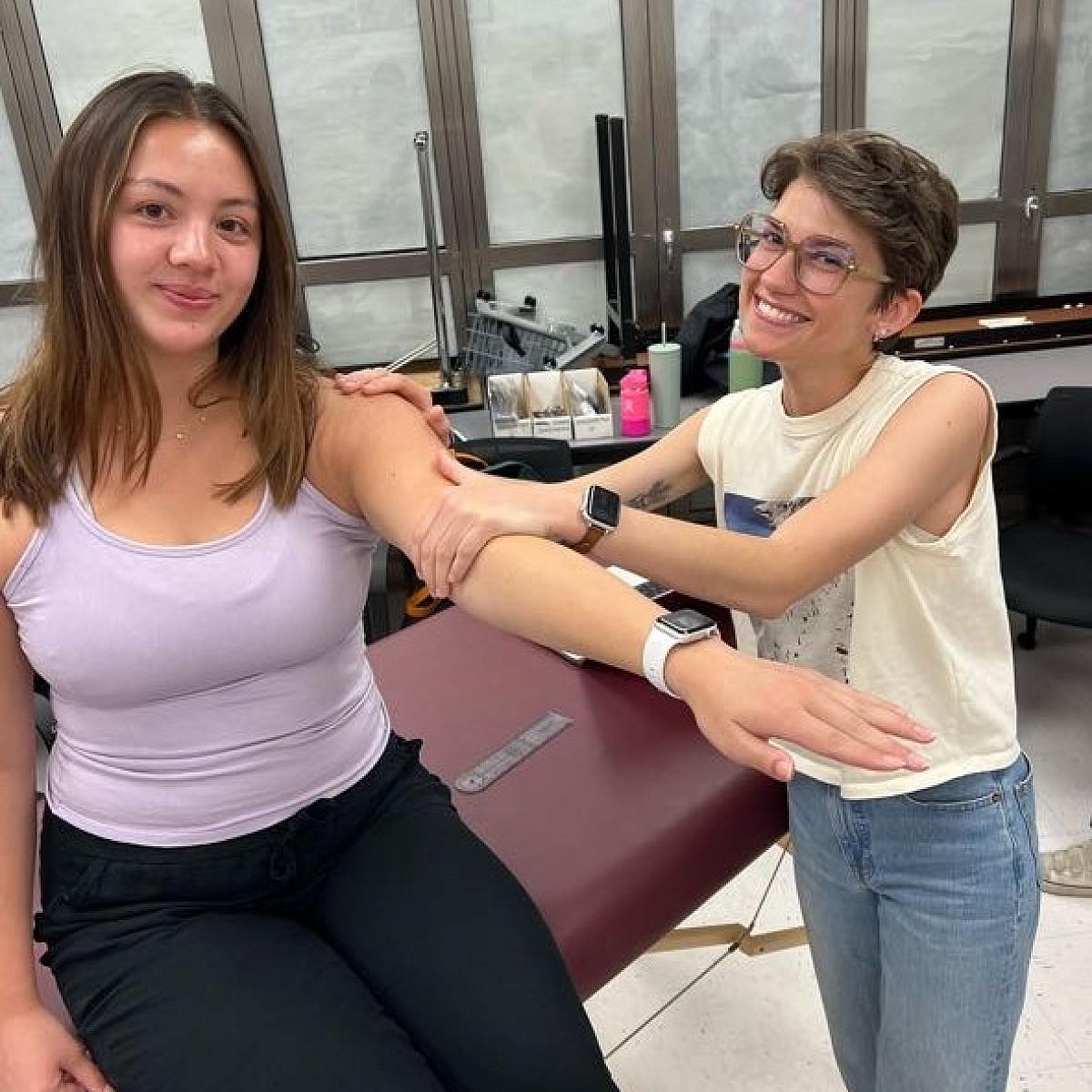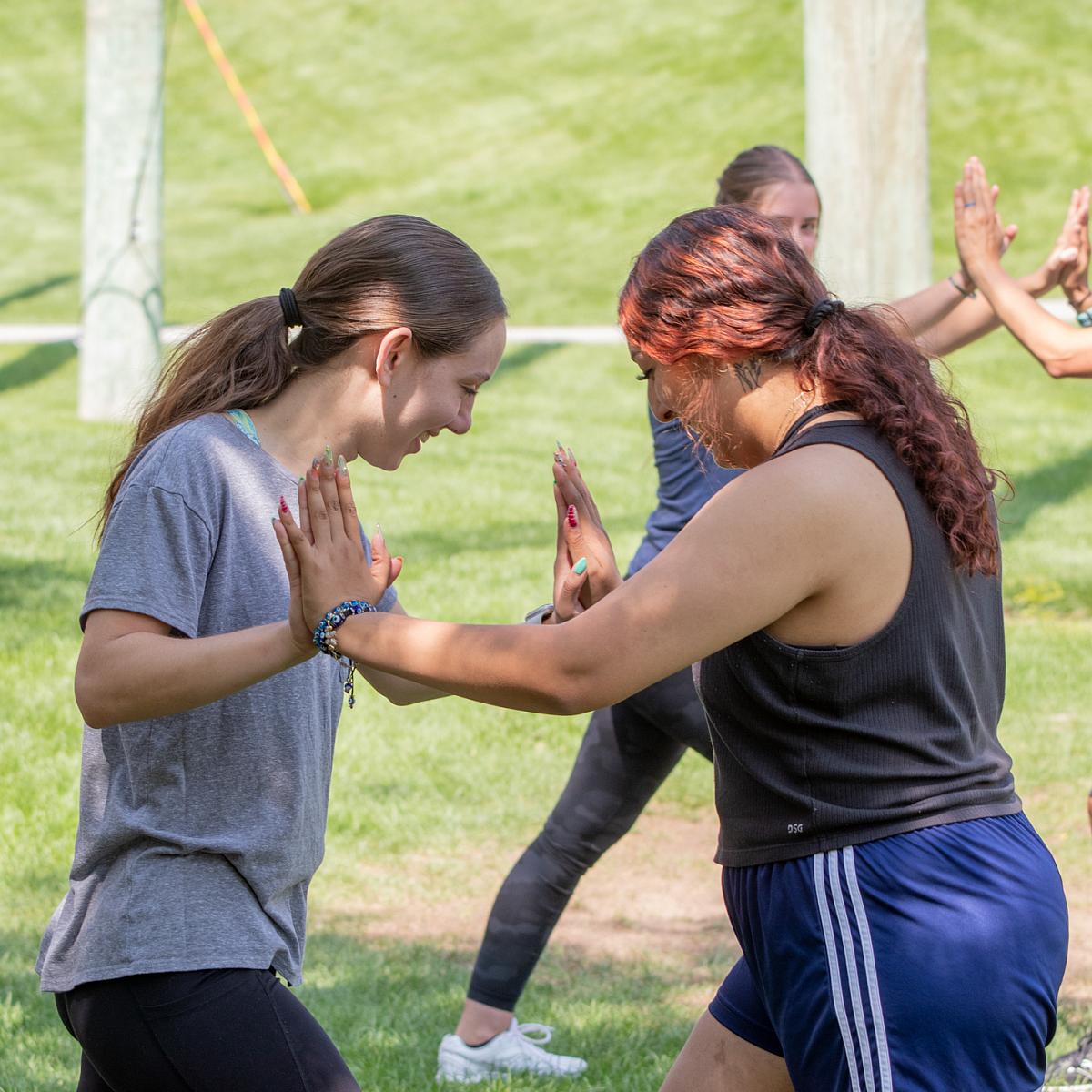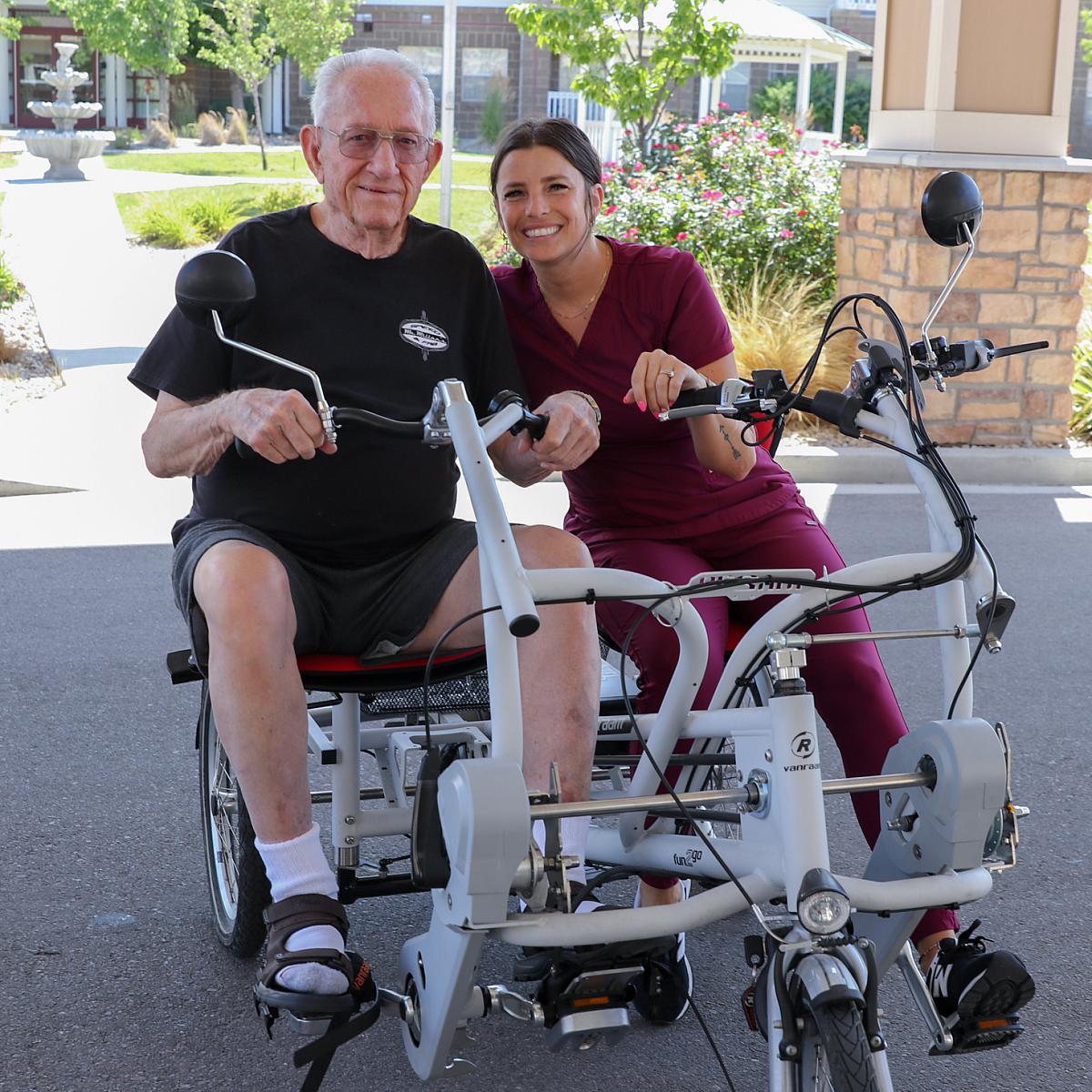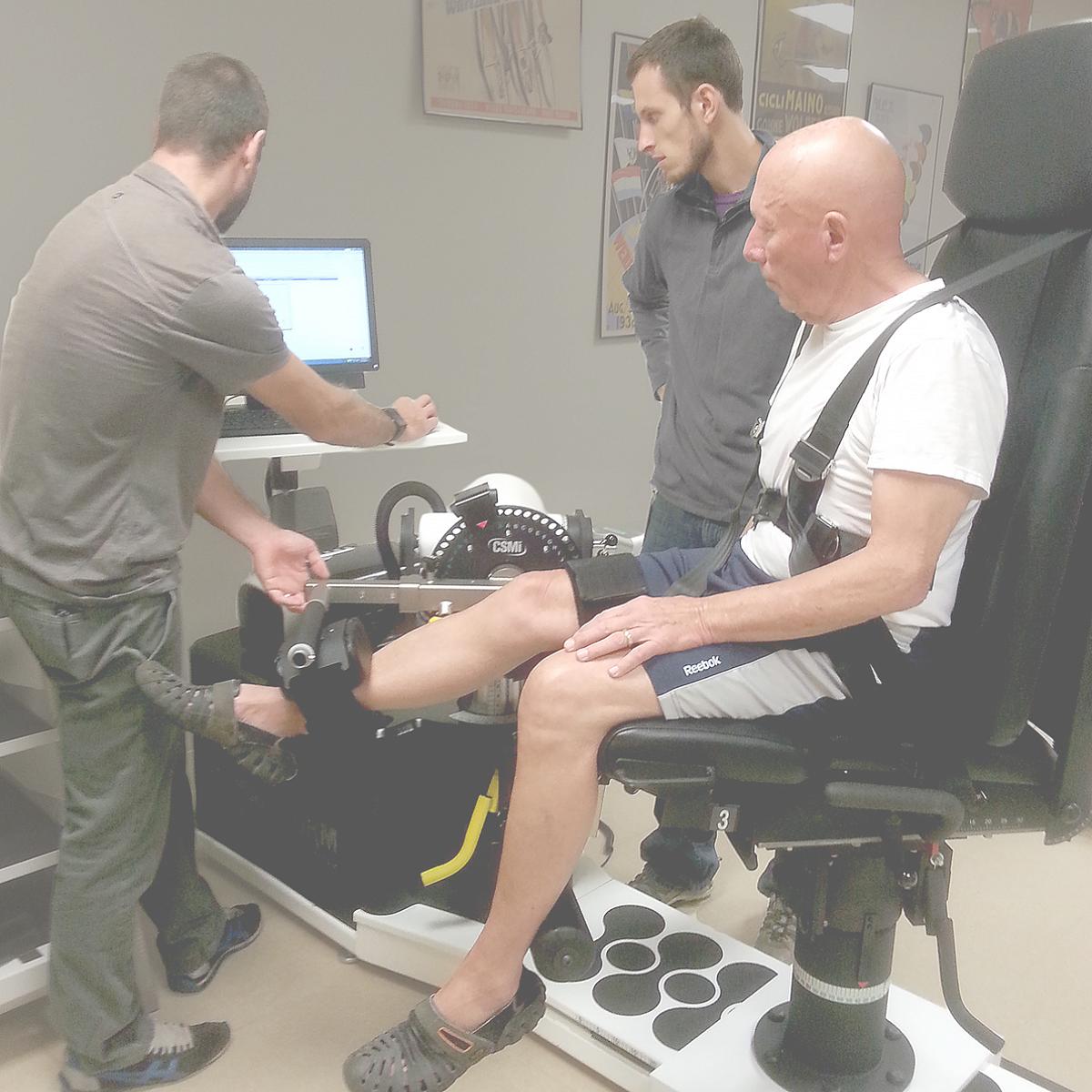
Occupational and Recreational Therapies
Occupational and Recreational Therapies
We provide both in-class and hands-on education that will prepare you for a rewarding career. You'll learn how to empower children and adults learn new skills or recover lost skills through everyday activities like gardening, art, and even play. Through hard work you'll see people recover and develop ways to accomplish meaningful activities that most take for granted. The results can be physical, mental, and emotional.
Our degrees in Recreational Therapy and Occupational Therapy are designed to help you, not just with certification, but with preparation for a rewarding career. A degree is a necessary step to become an OT or RT. A degree can also lead to other opportunities like research, the foundation for additional medical studies or advanced careers.
What is OT and RT?
What is Occupational Therapy?
Many people face daily challenges – a refugee new to America, an injured worker returning to work, a child with autism at school, a grandfather who has had a hip replaced, a young adult with a traumatic brain injury, a mother with depression.
Occupational Therapists help people learn new ways to do things they used to do but, for whatever reason, can no longer do them. Occupational therapy helps people be successful in doing what is important to them.
An occupational therapist should be resourceful, compassionate, a good listener, a creative problem-solver and interested in health, science and the arts. Occupational therapy is a perfect blend of life science (anatomy & physiology) and social science (psychology & sociology). Occupational therapists have knowledge of the person and the environment and how to support the person in what they want and need to do. Occupational therapists make a difference.
Attend an information session to learn more.
There are a number of ways to learn more about Occupational Therapy:
- American Occupational Therapy Association (AOTA) website
- Utah Occupational Therapy Association (UOTA) website
- What's Occupational Therapy? blog
- Contact the occupational therapy department of a hospital, rehabilitation center, clinic, or other facility and ask to observe or volunteer.
- Interview an occupational therapist.
- Take our Introduction to Occupational Therapy course OC TH 3000.
- Make an appointment with a career counselor. U of U students can visit Career Services.
What is the difference between a degree as an occupational therapist (OT) and a degree as an occupational therapy assistant (OTA)?
In a statement by the Joint OTA and OT Program Directors it was determined, Technical (OTA) and professional (OT) level occupational therapy programs are two distinct paths of study leading to complementary, but different practice roles.
The program at the University of Utah is a program leading to an OT at the master's entry-level. The State of Utah has an OTA program at Salt Lake Community College.
What is Recreational Therapy?
“Recreational therapy, also known as therapeutic recreation, is a systematic process that utilizes recreation and other activity-based interventions to address the assessed needs of individuals with illnesses and/or disabling conditions, as a means to psychological and physical health, recovery and well-being.
A recreational therapist utilizes a wide range of activity and community based interventions and techniques to improve the physical, cognitive, emotional, social, and leisure needs of their clients. Recreational therapists assist clients to develop skills, knowledge, and behaviors for daily living and community involvement. The therapist works with the client and their family to incorporate specific interests and community resources into therapy to achieve optimal outcomes that transfer to their real life situation.”
American Therapeutic Recreation Association (ATRA), 2016
There are a number of ways to learn more about recreational therapy:
- American Therapeutic Recreation Association (ATRA) website
- Utah Recreation Therapy Association (URTA) website
- Interview an recreational therapist
- Make an appointment with a career counselor. U of U students can visit Career Services.
Teaching for the Future of Occupational and Recreational Therapy
Occupational Therapy (OT) and Recreational Therapy (RT) share philosophical roots and the belief that health and quality of life only emerge when people regularly engage in a healthy variety of meaningful activities.
The Department fosters opportunities for interprofessional education that better prepares students to model or promote well-functioning health care teams and promotes a strong interface of colleagues and resources for collaboration.
We value engagement in research related to how participation in activities influences health and quality of life and the development and refinement of interventions effective in facilitating such participation.
We are committed to educating strong clinicians, researchers, and leaders for the unfolding future.

OTRT Mission & Vision
To discover and transmit knowledge through research, education and service relevant to occupational therapy and recreational therapy. Our research emphasizes the promotion of health and participation in valued life activities using an interdisciplinary and collaborative approach. We are committed to providing a safe and inclusive space for a diverse group of students to participate in a high quality, transformative educational experience. We prepare innovative OT and RT practitioners and scholars who provide evidence-based service. Our scholarly, educational, service and clinical activities meet unique needs of our communities.
Recognized as leaders in health research, clinical services and education of occupational therapists and recreational therapists who meet the needs of a complex and dynamic society.
Our Commitment to Belonging
The Department of Occupational and Recreational Therapies is committed to providing a welcoming space for a all students, staff, and faculty. Consistent with the University of Utah Nondiscrimination Policy, we do not tolerate any forms of discrimination, including racism and genderism, in our learning communities due to their harmful impacts. We support open communication from any member of our community about incidences of bias and discrimination, and commit to gather information to understand and address concerns with transparency to the best of our abilities.

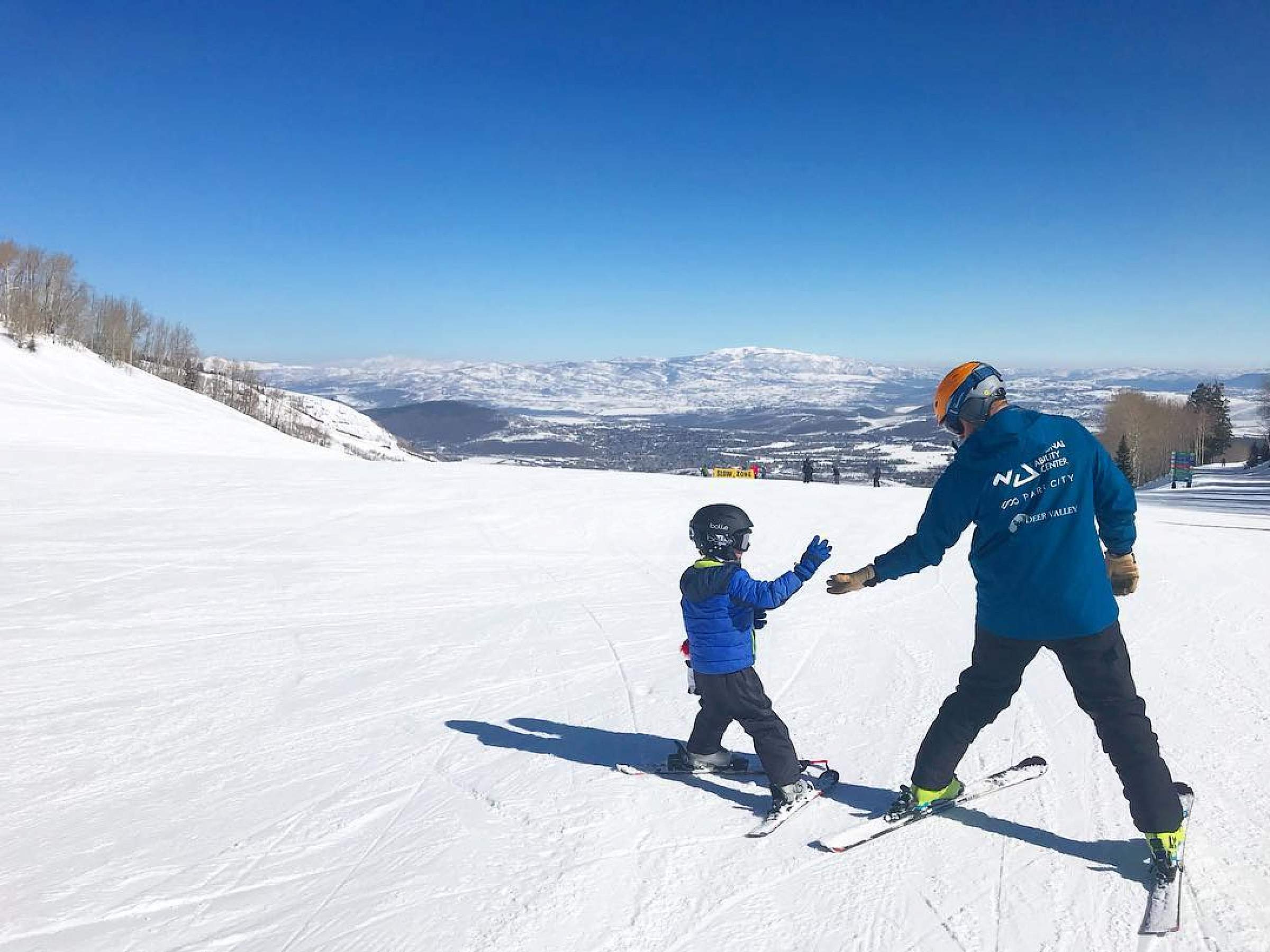
RT Degrees Provide Endless Opportunities
Many jobs destine employees for 9-5 work in drab cubicles, staring at screens and counting down the hours until quitting time.
But not jobs in recreational therapy. As a program graduate, you’re just as likely to be hiking up a mountain with veterans at sunrise or giving a shy kid an opportunity to shine on stage.
Three recent graduates from the Department of Occupational and Recreational Therapies have done just that, and much more, since they collected their diplomas. Using both bachelor’s and master’s degrees and a wealth of classroom and community experience, they’re helping people improve their physical, social, emotional, cognitive and spiritual functioning every day.
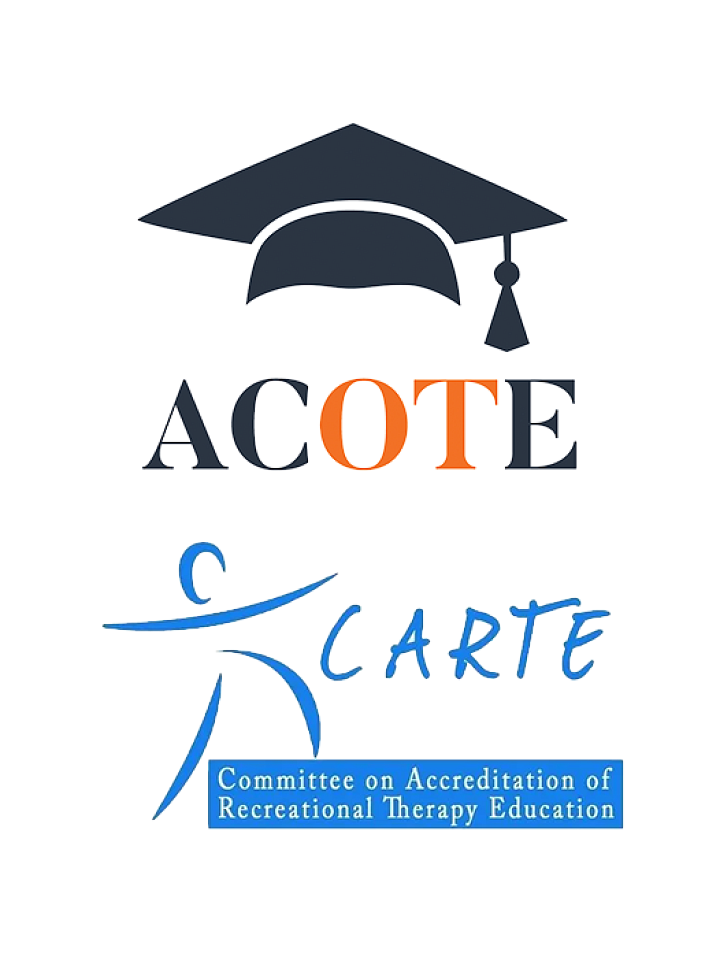
Accreditation
Occupational and Recreational Therapy Programs have been accredited by relevant national accrediting bodies. Graduates of these programs are eligible to sit for the appropriate national certification examinations administered by the respective certifying boards in their field.
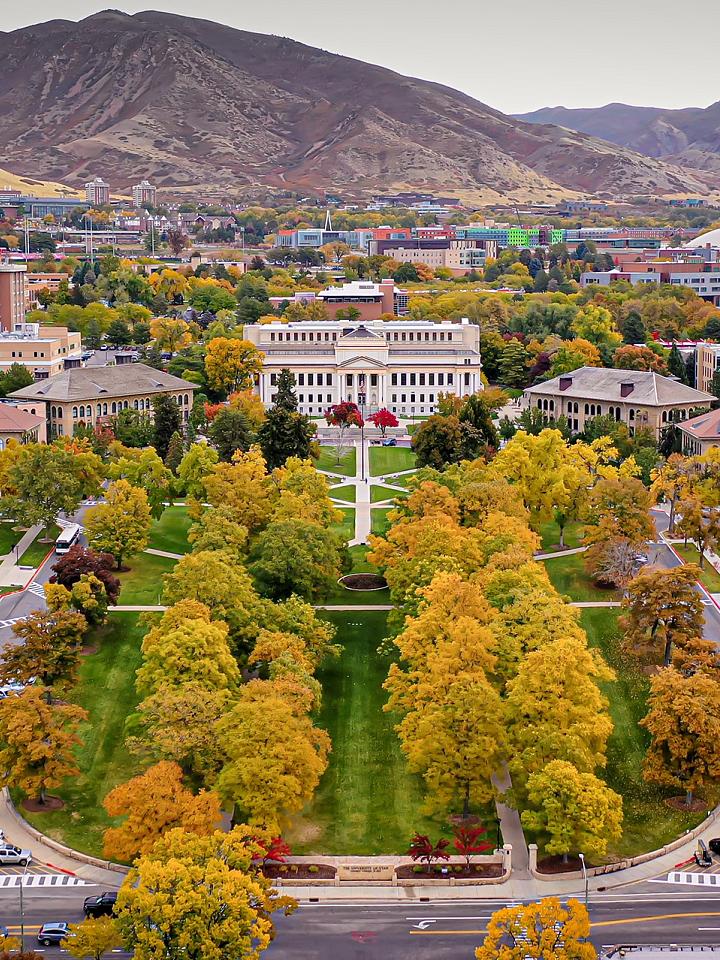
Why Utah?
In Utah you can truly have it all.
Breathtaking beauty, unparalleled collaboration, remarkable facilities, and visionary leadership were just a few of the reasons we thought of before coming up with a different question: Why not Utah?
